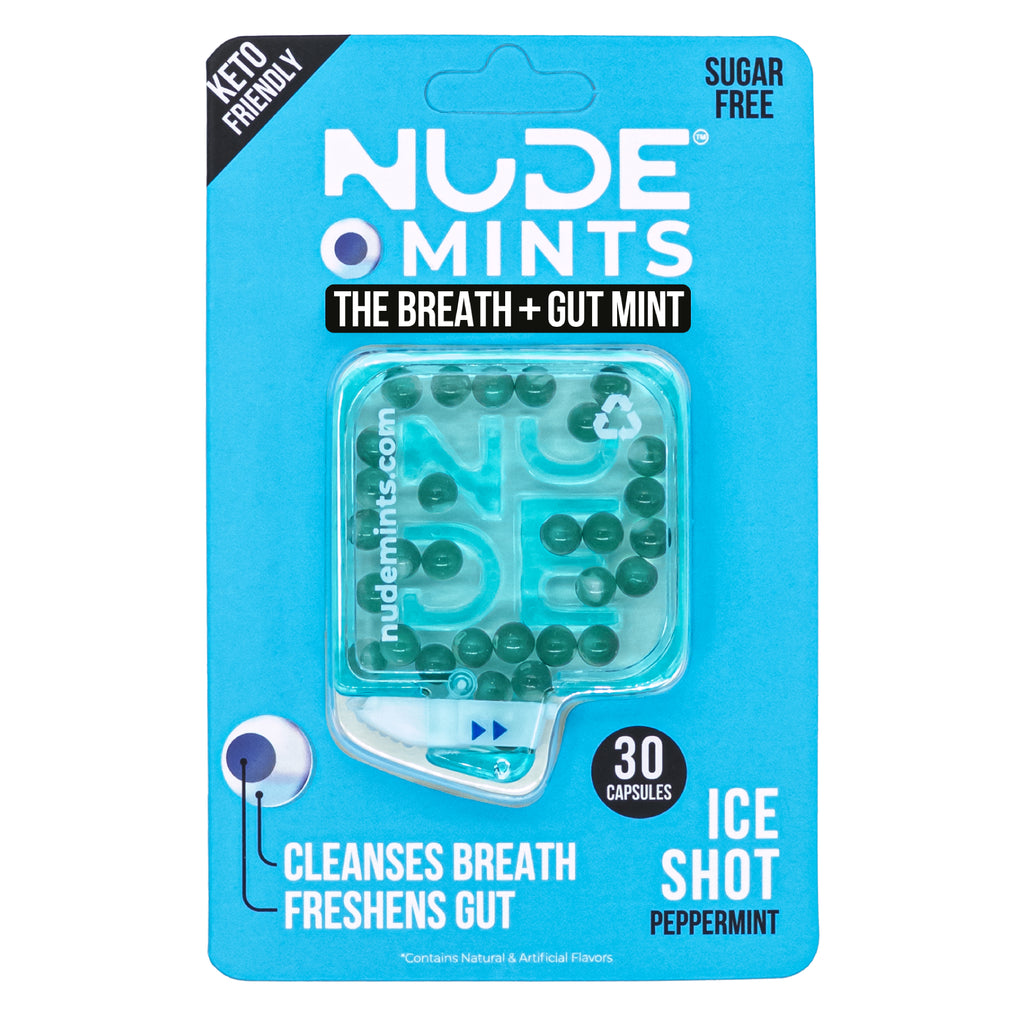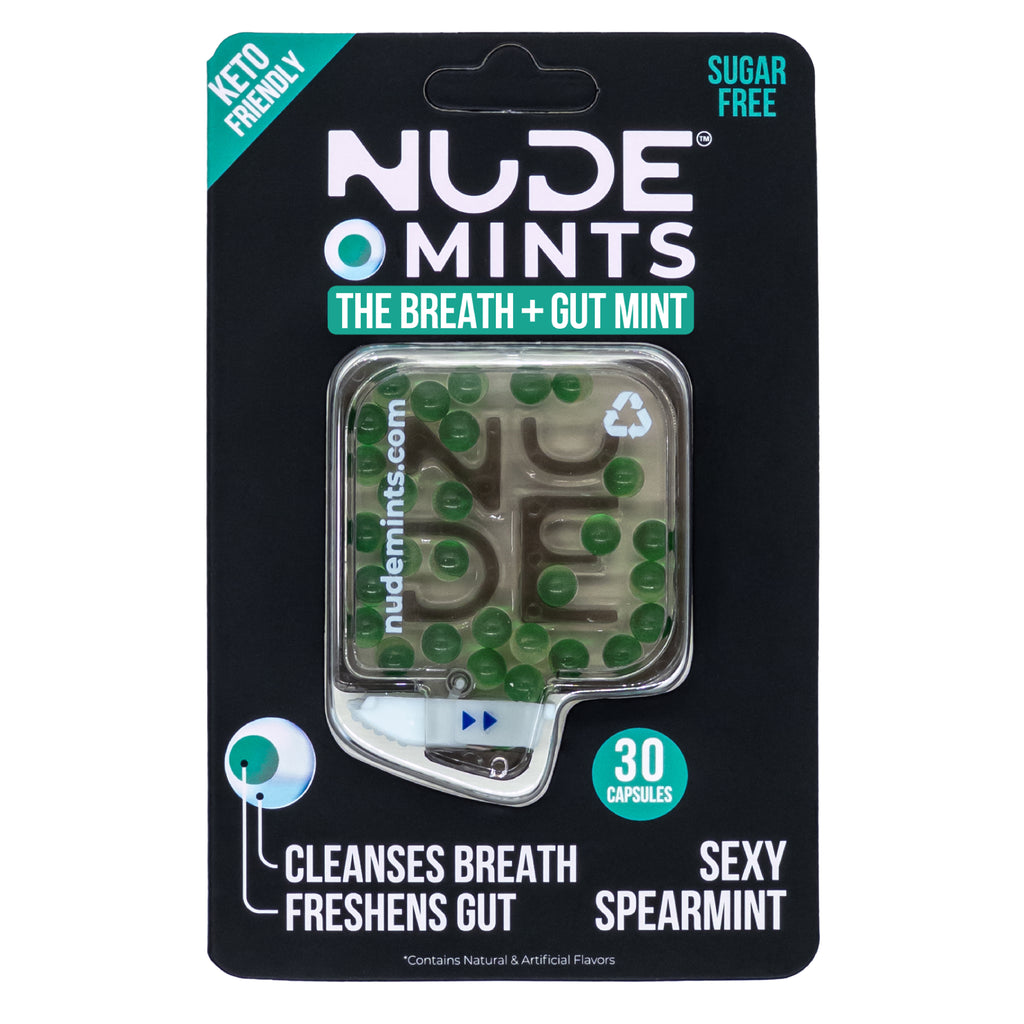Breath Mints for Oral Health: Do They Really Help?
-
If you're someone who is concerned about their oral health, you may have come across the idea of using breath mints as a quick fix for bad breath. While breath mints are a popular choice for freshening up your breath, the question remains: do they actually help improve oral health? In this article, we'll take a closer look at the benefits and drawbacks of using breath mints for oral health.
The Benefits of Using Breath Mints for Oral Health
Breath mints are a convenient and easy way to freshen up your breath. They are also a quick and simple solution for bad breath caused by certain foods or drinks, such as garlic or coffee. Breath mints work by masking bad odors with pleasant flavors, such as mint or cinnamon. In addition, many breath mints are sugar-free, which can help prevent tooth decay.
Furthermore, some breath mints contain additional ingredients that can help improve oral health. For example, some mints contain xylitol, a natural sweetener that can help reduce the amount of harmful bacteria in your mouth. Xylitol can also stimulate saliva production, which can help neutralize acids and reduce the risk of tooth decay.
The Drawbacks of Using Breath Mints for Oral Health
While breath mints can be beneficial for freshening up your breath and improving oral health, there are some drawbacks to consider. Firstly, some breath mints contain high levels of sugar, which can contribute to tooth decay and other oral health problems. Secondly, using breath mints as a substitute for proper oral hygiene practices, such as brushing and flossing, can be detrimental to your oral health in the long run.
Another potential drawback of using breath mints is that they may only mask bad breath temporarily. If your bad breath is caused by an underlying health issue, such as gum disease or an infection, breath mints may not be effective at addressing the root cause of the problem.
Are Breath Mints Worth Using for Oral Health?
Overall, breath mints can be a helpful tool for freshening up your breath and improving oral health. However, it's important to choose sugar-free options and use them as a supplement to proper oral hygiene practices, rather than a substitute. Additionally, if you have persistent bad breath, it's important to speak to your dentist to determine the underlying cause and address it appropriately.
Breath mints can be a useful addition to your oral health routine, but they should not be relied upon as the sole solution. By combining the use of breath mints with proper oral hygiene practices and regular dental check-ups, you can achieve a fresh, healthy smile.
Conclusion
While breath mints can provide benefits for oral health and fresh breath, it's important to choose sugar-free options and not rely on them as a substitute for proper oral hygiene. If you're looking for a new breath mint brand to try, consider Nude Mints, which is sugar-free for additional oral health benefits. By incorporating Nude Mints into your oral health routine alongside brushing, flossing, and regular dental check-ups, you can achieve a fresh, healthy smile.
Ready to freshen up your breath and improve your oral health? Try Nude Mints today and experience the benefits of sugar-free mints with cooling flavor. Click here to order now and take the first step towards a healthier smile!
Get the freshest news on your favorite mouth cleanser and gut freshener!
Read More
-
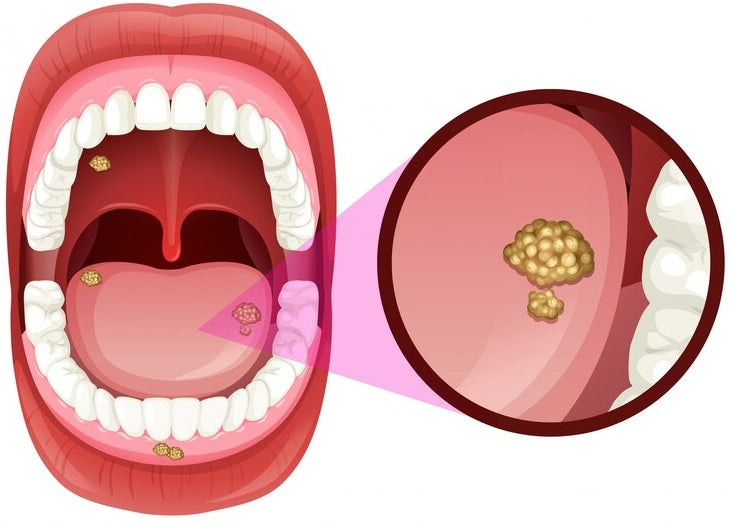
Halitosis: Understanding the Causes, Diagnosis, and Treatment for Fresh Breath
Halitosis, commonly known as bad breath, is a condition that affects a large number of people worldwide. It can be an embarrassing and isolating experience, but it is important to know that it is a common problem and that there are effective treatments available. In this article, we will discuss the causes, diagnosis, and treatment of halitosis. Causes of Halitosis Halitosis can have several causes, both internal and external. The most common causes include poor oral hygiene, dry mouth, certain foods and drinks, smoking, and certain medical conditions. Poor Oral Hygiene Poor oral hygiene is the most common cause of halitosis. When food particles and bacteria build up in the mouth, they can cause an unpleasant odor. Brushing and flossing...
-
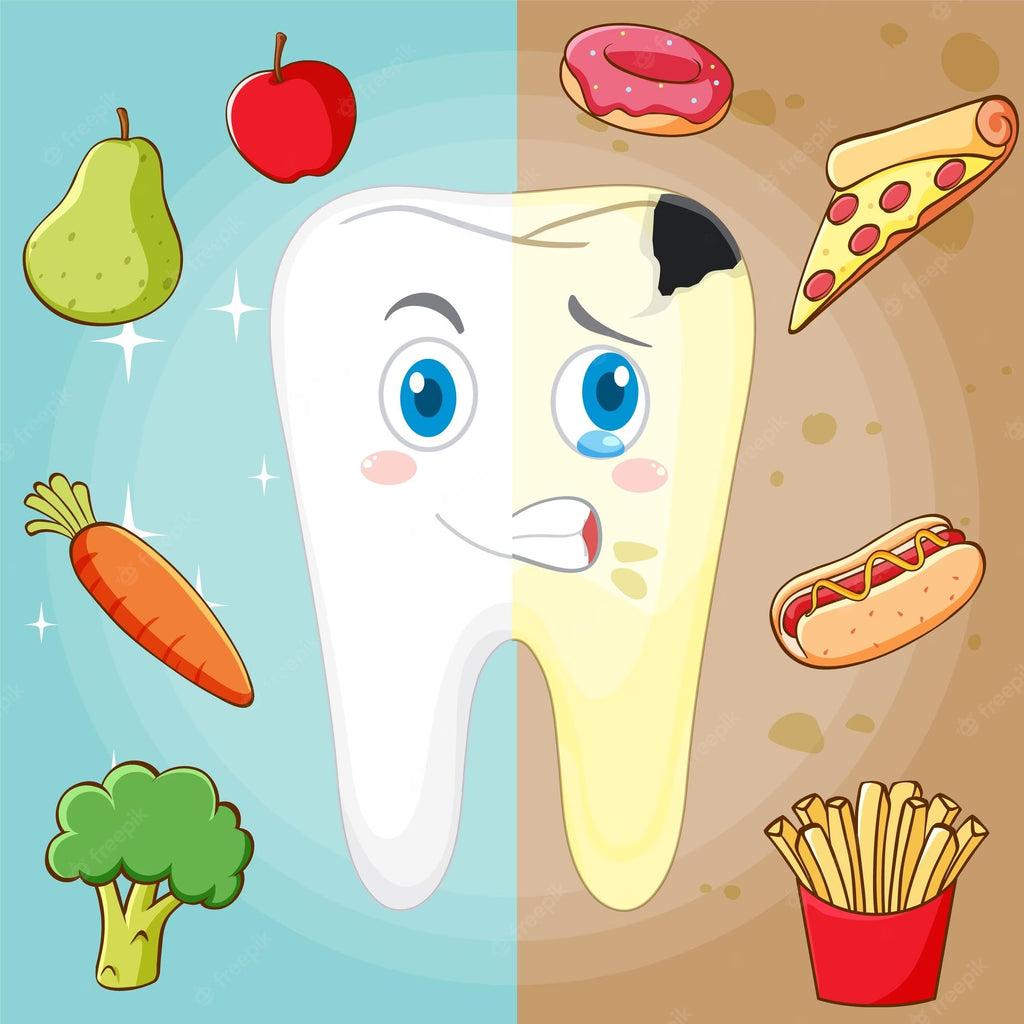
Crucial Connection Between Nutrition and Oral Health: Guide for Better Dental Care
As a dental health professional, we understand the importance of maintaining good oral hygiene to prevent cavities and gum disease. Brushing twice a day and flossing daily are essential habits, but did you know that nutrition also plays a crucial role in keeping your mouth healthy? In this article, we will explore the connection between nutrition and oral health and how you can make better food choices to support your dental health. How Nutrition Affects Oral Health Your diet can impact your oral health in many ways. A diet high in sugary and acidic foods can increase the risk of tooth decay and gum disease. When you eat sugary foods, the bacteria in your mouth feed on the sugar and...
-
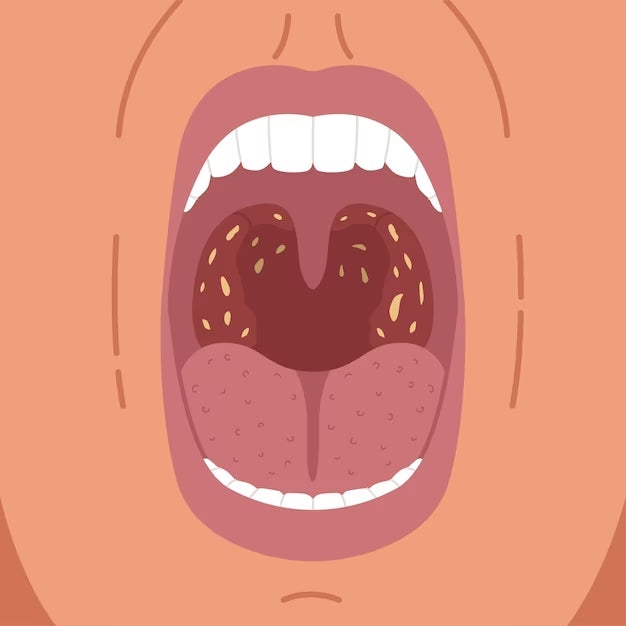
How to Treat Bad Breath Caused by Dry Mouth
Do you ever feel self-conscious about your breath? Do people avoid talking to you because of bad breath? Dry mouth, also known as xerostomia, can cause bad breath and make social interactions uncomfortable. In this article, we will discuss what causes dry mouth, how it leads to bad breath, and what you can do to treat it. Table of Contents What is dry mouth? Causes of dry mouth How dry mouth causes bad breath Signs and symptoms of dry mouth Diagnosis of dry mouth Treating dry mouth Home remedies for dry mouth Professional treatments for dry mouth Tips for maintaining oral hygiene Foods and drinks to avoid with dry mouth Conclusion FAQs What is dry mouth? Dry mouth occurs when...
-
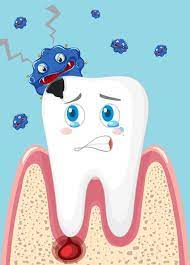
The Relationship Between Diabetes and Gum Disease: Understanding the Link
Diabetes and gum disease are two conditions that may seem unrelated, but research has shown that they are actually closely linked. In fact, individuals with diabetes are more likely to develop gum disease, and those with gum disease are more likely to have difficulty controlling their blood sugar levels. This article will explore the connection between diabetes and gum disease, and provide insights on how you can reduce your risk of developing both. The Relationship Between Diabetes and Gum Disease Diabetes is a condition that affects the body's ability to produce or respond to insulin, a hormone that regulates blood sugar levels. When blood sugar levels are consistently high, it can lead to a range of health complications, including nerve...

